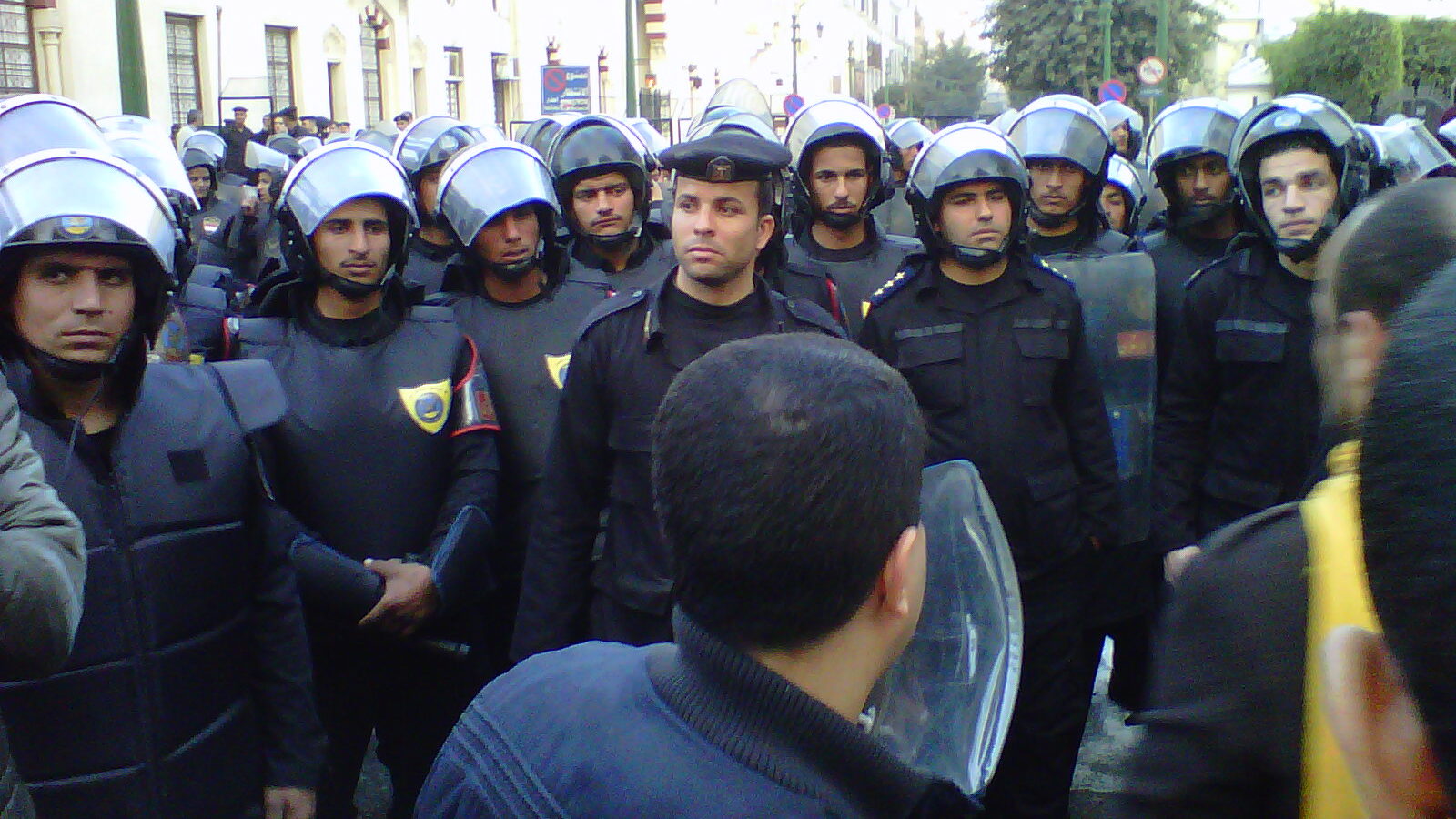The Egyptian National Police Day
An-Nahar, Lebanon, January 26
Every January 25 the Egyptian people celebrate Police Day, which recognizes the efforts of Egyptian police to maintain security and stability in Egypt and acknowledges their sacrifices. This day comes in stark contrast to the action taken by the Muslim Brotherhood, which seeks to threaten and terrorize the Egyptian public by wreaking chaos and destruction. One of the most common practices used by Brotherhood officials to spark public disorder is to make fictitious allegations about police abuses or violations. In a country like Egypt with a population of more than 100 million people, the performance of the police is always subject to examination and, ultimately, criticism. It is normal for some abuses to occur in an organization like the Egyptian National Police, which consists of over 1 million personnel. After all, police officers are human beings just like us – among them are the serious and frivolous; honest and corrupt; heroes and cowards. But to the extent that these kinds of abuses exist, they are a representation of personal, individual, and human errors, and not a reflection of systemic or institutional policies. Today, it is clear to the Egyptian people that what happened on January 25, 2011, on the eve of the Egyptian uprising, was not a revolution in the political sense, but rather a wave of protests organized by the Muslim Brotherhood and other individual actors backed by foreign countries, who sought to pave their way into power by sabotaging the country. At that time, the prevailing belief was that rebuilding the security apparatus would take many years and that restoring trust between the security apparatus and the average Egyptian citizen would require new procedures and policies. But this ended up happening much faster given the sacrifices made by the security apparatus to preserve a united Egypt. Ultimately, a police officer is just a citizen, and if he commits a crime or makes a mistake, it is not right for the police to pay the price. Those who traded human organs or hid medicine in government hospitals and used them to perform private surgeries were doctors and not police officers. Those who defended drug dealers or murderers, knowing undoubtedly that they were guilty, were lawyers and not police officers. And those who sabotaged the education system and robbed money from Egyptian schools and universities were professors and teachers, not police officers. All these individuals were ministers, businessmen, and politicians. All are attacks on people, society, and the law committed by citizens. What the Egyptians hope for is that the police will stand guard against these crimes, just as they did, and are still doing, in protecting the country from the Brotherhood and its conspiracies. –Mohamed Salah (translated by Asaf Zilberfarb)


